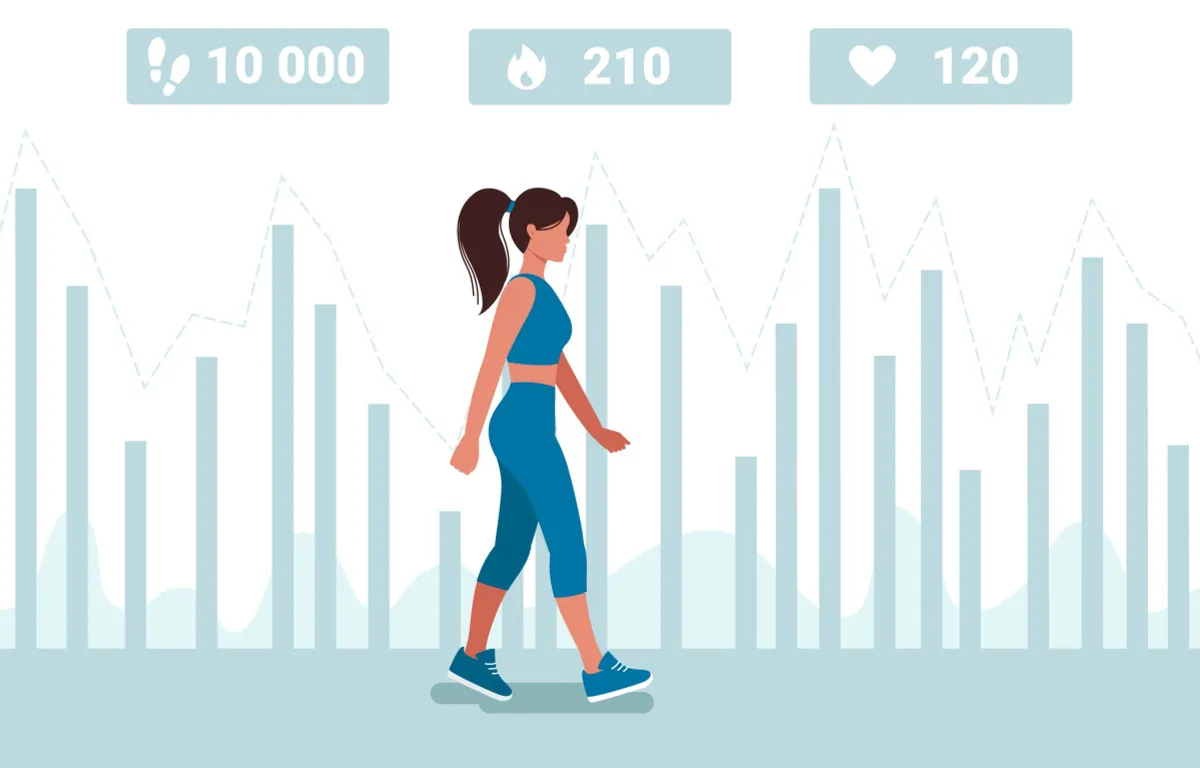Some of our most widely heard health and fitness facts are based on little more than marketing.
Instead, actual research has indicated that between 6,000 and 8,000 steps per day can be good for preventing chronic disease.
8 hours of sleep
At the time of the Industrial Revolution, the daily routine consisted of eight hours of work, eight hours of relaxation, and eight hours of rest. That seemed like a nice hand-off to plant managers.
But we now know that the amount of sleep we need is highly individual and determined by a complex mix of genes, age, medical conditions and lifestyle. Some people can function perfectly in less than six hours, while others need more than ten hours to feel their best.
Two liters of water daily
The standard advice for decades has been to drink two liters of water a day, or about eight cups, but our fluid needs vary widely depending on how much exercise we get, the weather, climate, and our age.
Depending on conditions, people may need up to six liters if they exercise a lot in hot weather, or just one liter.
Breakfast is the most important meal of the day
Our modern obsession with breakfast dates back to the 1920s, when cereal companies' early marketing campaigns focused largely on the supposed healthfulness of breakfast. As people become more interested in the concept of vitamins, clever cereal brands have begun touting the nutritional value of their products, while in recent decades it has been claimed that breakfast can help you lose weight.
But whether breakfast is necessary at all remains a matter of scientific debate, with nutritionists saying its health benefits depend on what you actually eat. A breakfast consisting of highly processed foods and high sugar content is likely to do more harm than good.
2000 calories per day
The recommended calorie intake depends, among other things, on the level of physical activity. The myth is that 2,000 calories per day for women and 2,500 for men will be ideal.
But just like sleep and water intake, our calorie needs depend on many things, for example age, gender, height, weight and activity levels. Some people will need to reduce or increase their calorie intake to maintain a moderate weight.
Many nutrition experts question the importance of stabilizing calories in our diets because not all calories are created equal.
“Calories don't take into account the energy our cells need to metabolize food for use,” Giles Yeo, professor of molecular neuroendocrinology, told the Daily Telegraph. “Calories from protein make you feel fuller more than calories from fat, because protein is more complex to metabolize. You may aim to eat 2,000 calories a day, but how much energy your body actually absorbs depends on whether you eat sugar or celery.” Or steak.

“Total coffee specialist. Hardcore reader. Incurable music scholar. Web guru. Freelance troublemaker. Problem solver. Travel trailblazer.”







More Stories
GALA lacks a chapter on e-health
Weird beer can taste really good.
Planets contain much more water than previously thought